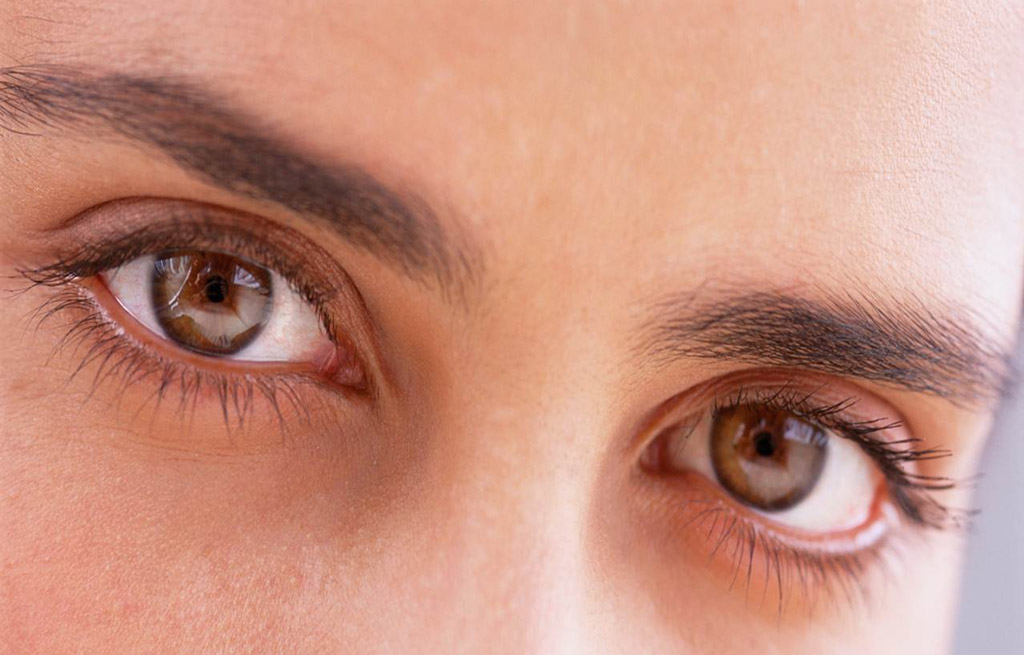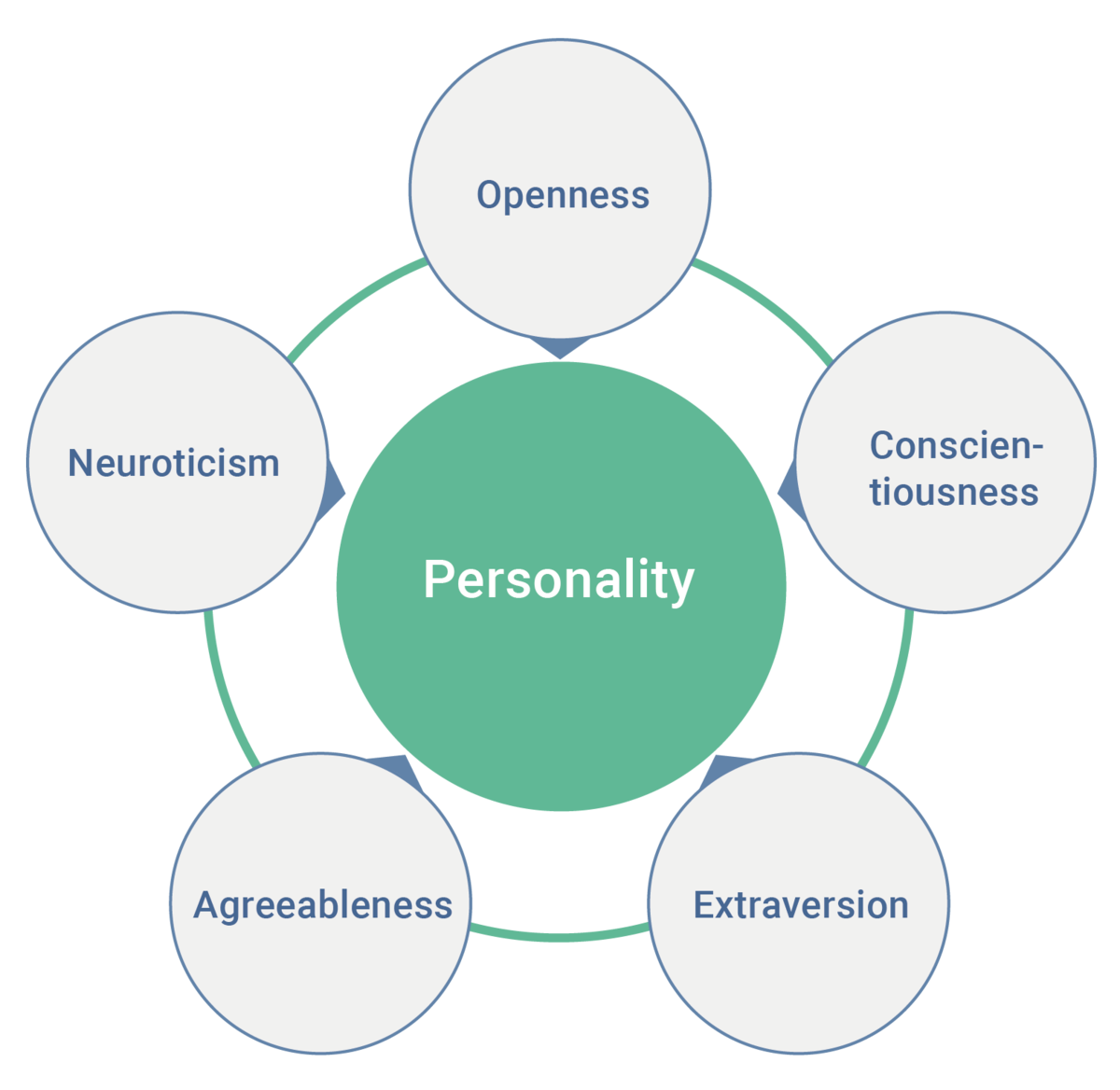By Angie Grey
It’s not a coincidence that in the midst of a crowd, we feel attracted to a certain someone.
It might be the way they carry themselves or even small things like how they hold and sip their coffee, but sometimes it goes deeper than that to the point where we feel compelled to turn around in a crowded elevator.

Why Does It Happen?
It’s all science, dear readers! Much to our oblivion, there’s a little part in our brain called the hypothalamus that dictates our body. Funnily enough, we have that in common with most other animal species.
Claus Wedekind, a Swiss Biological Researcher, dug deeper. His experiment on MHC-dependent mate preference shed light on the other factor that helps us decide who is a suitable mate for us.
He made a group of people wear plain t-shirts for two days straight. No additional aroma was introduced and without a label, he put them in a box. Then the participants sat through sniffing a group of worn t-shirts and described which appealed the most to them.
Since evolution has taught our bodies to be adept in constructing a robust immune system, the natural scent that the participants were attracted to belonged to a different set of MHCs from their own.
That’s a Lot of Science
Indeed. If you think about it, it all makes perfect sense. The MHC in our bodies produces certain HLA molecules that define how good we are at fighting different diseases.
The immunity that our body doesn’t provide, we seek from others.
“No Elegance Is Possible Without Perfume”
This quote by Coco Chanel is everlasting, and not so shockingly, there is a whole industry around it. According to Faveable, perfumes contain pheromones to attract suitable mates, to feel sexy, or wow the interview board at your coveted organization; all the claims are there.

Whatever the occasion, be it welcoming summer with a confident embrace or the Gaga madness (Lady Gaga’s perfume ‘Fame’ had her blood and random donors’ semen in it. Gross, right?!), the collection is astounding.
With a scientific base behind these claims (at least some of them), the hunt to ‘smell’ great is on.
The Science of Attraction
Imagine finding a suitable partner in a world of seven billion where your most reliable source of selection is your nose. Hilarious, I know. Thankfully, we don’t have to sniff around to find the person we will be spending the rest of our lives with.
Our personality is so much more than just how we smell. In this age of filters on social media, coming across as someone you are not is easier than ever.
Are All The Fairytales Scientific?
Well, people ARE quite good at assessing others by simply being in the same room as them. Their stride, how they occupy space, and how they hold their gaze, every little notion helps to form an opinion about them.

It’s almost like sitting in the doctor’s office (the least desirable place to fancy someone) and catching the gaze of someone sitting across the room. They look at their phones most of the time, sometimes impatiently look at the receptionist, maybe even catches your glance.
The way they hold their phone, how they shake their legs, or just space out all bear a certain meaning for us. We feel attracted to someone who does things exactly how we would in a certain situation.
So, Are They?
The reliability still remains questionable. Sure, anyone can judge a book by its cover, but how accurate is it? Like all the fine things in life, the answer is in moderation and control.
Forming a rock-solid perception about someone based on how they walk or speak can be rude. And being oblivious to their obvious traits can be naive. There are scientific explanations for a few qualities that can be judged based on the exterior of someone like their level of introversion or comfort.
I mean, they probably won’t be going around talking to everyone. But believing concepts like people with round faces are more friendly or those with rectangular faces are more logical as gospel might not be the most ‘scientific’ idea.
Walk Me Through the Process
“People form personality impressions of others’ facial appearance within only a few hundred milliseconds,” according to Jonathan Freeman, an Associate Professor in NYU’s Department of Psychology and Center for Neural Science.
The science (or pseudoscience) of reading facial feature or expression is called Physiognomy. It’s true that our DNA is the foundation for our facial structures and a lot of our traits. It’s embedded in our system, and hence, we consciously and subconsciously notice a few things. Eyebrow movements, lip shape while speaking, breathing pattern, and how we carry our hands while communicating all can indicate certain aspects of our personality.
Full, round faces are more trustworthy; higher levels of conscientiousness were correlated with “lifted eyes” or for women, and protruding noses mean they are extroverted.
The criteria used are usually from the Big 5 Personality Test, otherwise known as OCEAN.

You’re Saying We Have Experts on This Matter?
When we talk about concepts like facial profiling, there are a few companies out there that guarantee to analyze still images or video clips and make predictions regarding their personalities.
The authenticity is still questionable, and their accuracy indicators are often blurred. But in a controlled situation, the prediction can hold some value.
Let Your Steps Define You
Another very indicative aspect of our personality is the way we walk. Think about some of the most common advice we give people: strut into your workplace if you want to gain control.
There are many theories like if you walk in a sluggish manner, you are most likely a calculative person and logical thinker. If you walk with wider steps, it means you are very confident in your shoes. Generally, we tend to speed our pace based on our emotions. If we are happy, we tend to walk faster, and if we are sad, we tend to walk slower. But at the end of the day, we need to keep in mind that ALL of these predictions are based on what we already know about personalities and their association with facial features/expressions. Be careful with concluding anything as it can impact our decision-making.



